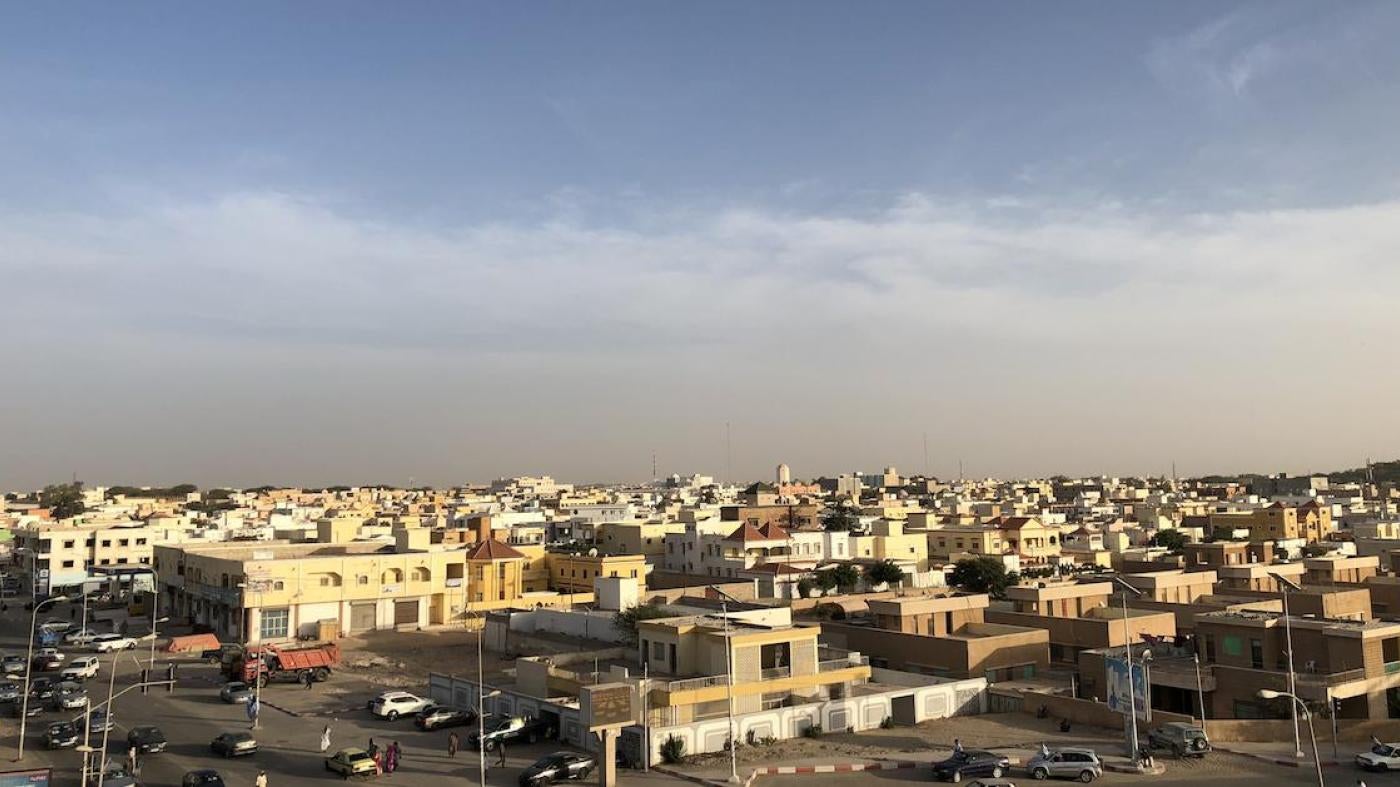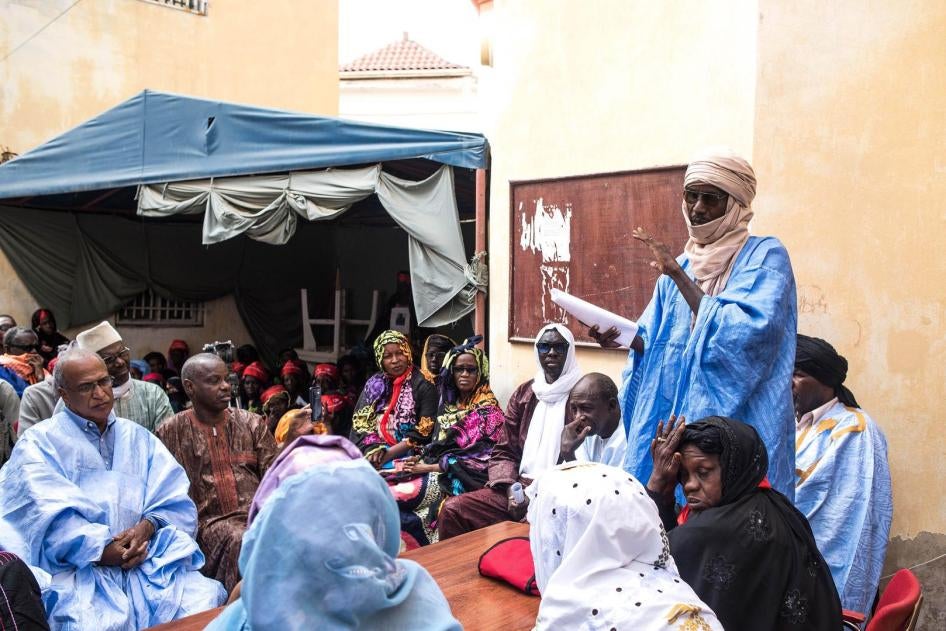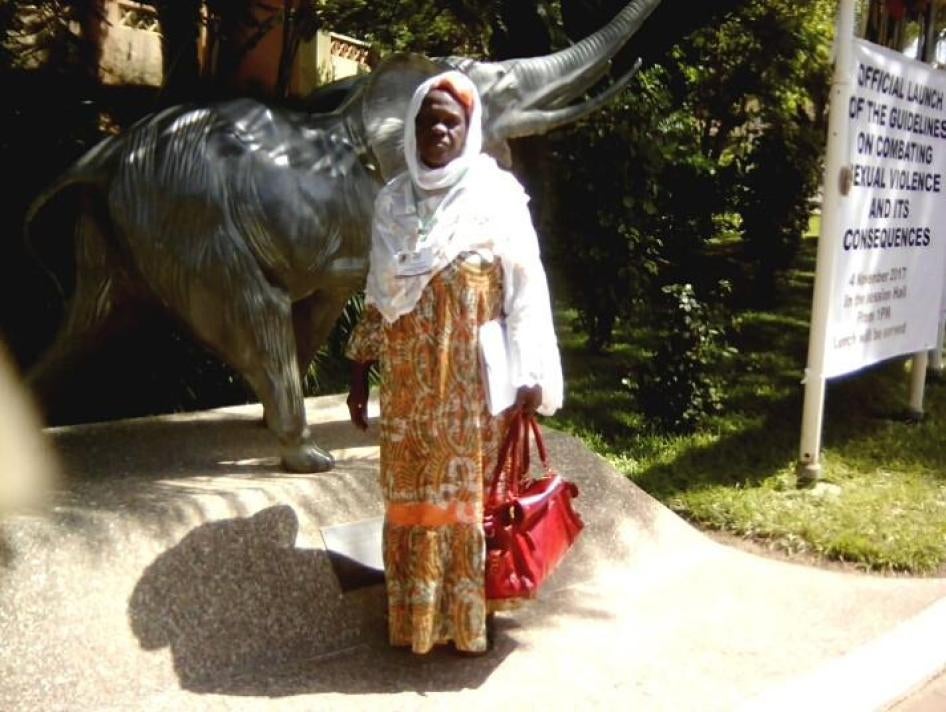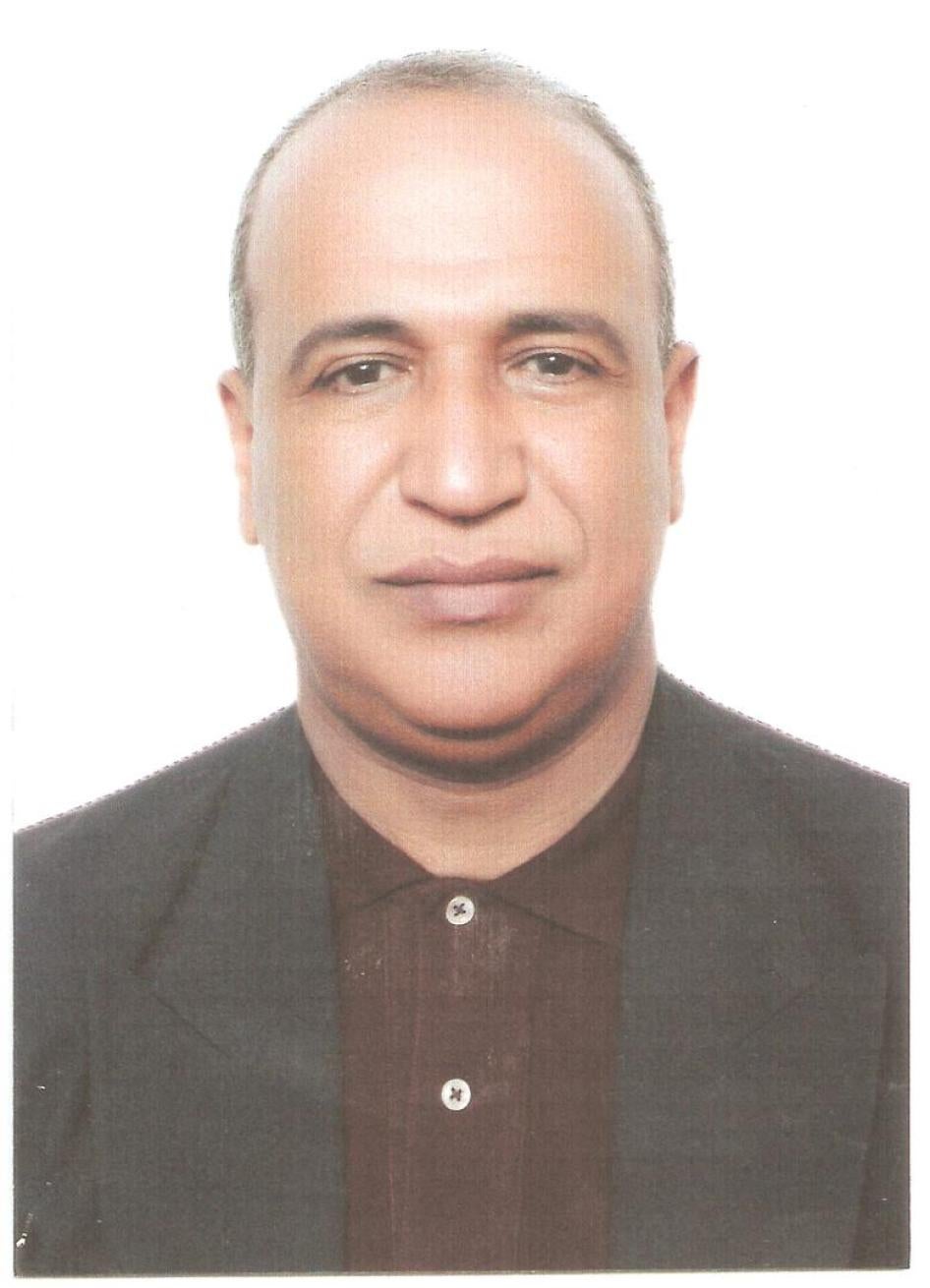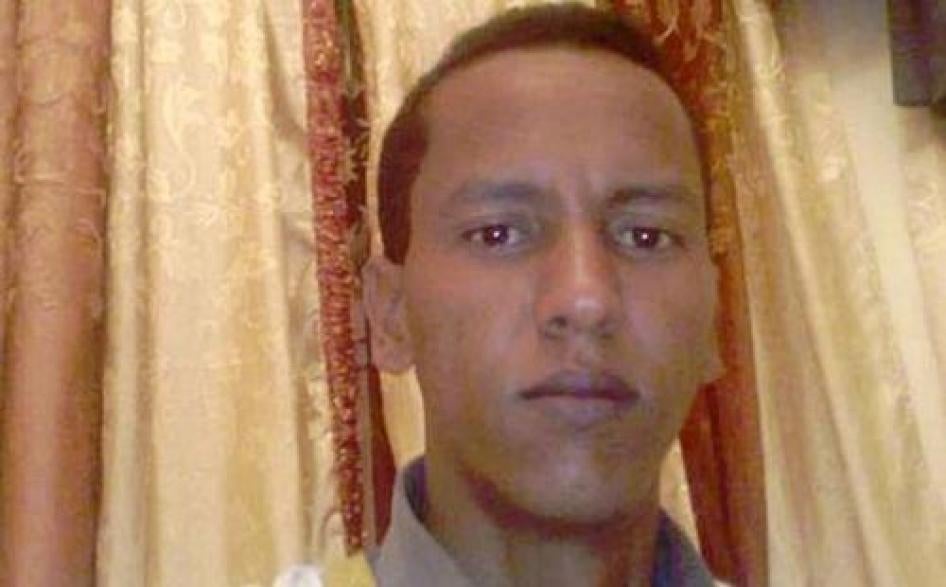Mauritania was the last country to outlaw slavery. Hereditary slavery seems to persist, however, a recent lawsuit before the African Union revealed. Did you find evidence of this?
Slavery is a very sensitive issue in Mauritania. The position of the government is: There is no more slavery. Organizations that work on slavery maintain that it has diminished and changed its appearance, but persists, and that the government is doing too little to eradicate it.
The country struggles with the legacy of slavery. The darker-skinned Haratines are generally more marginalized and poor. They often work as goat or camel herders for wealthier families or as domestic workers. They are not in chains and bought and sold in auctions. But there are still cases that Mauritanian associations have documented, especially in rural areas, where they are exploited, their children are denied education, and they are not free to leave their place of work. Organizations that are outspoken on slavery and ethnic discrimination face repression, as do those that touch on the most radioactive issues in this country. They face regular challenges to operating freely.
How so?
These organizations are denied legal recognition under the pretext that they are “dividing national unity” or “fermenting racial divisiveness.” Without legal recognition, their scope of activity is curbed. They can’t rent a hall for a meeting. They can’t apply for a permission to hold a march, or get funding from European Union countries, as they don’t want to give money to organizations that are legally precarious. Unable to appear on national television or radio, they must use other means, like WhatsApp chat groups, to make themselves heard. But people have even been prosecuted for their WhatsApp messages. In one case the government published the private WhatsApp messages of an opposition figure they had arrested, in effect warning other WhatsApp users that their communications might not be as secure as they think.
What are the issues that are so sensitive that they cannot be raised safely?
Slavery is one. Discrimination another. And dealing with the crimes of the past.
A quarter century ago Human Rights Watch published a report about dramatic events in Mauritania between 1989 and 1991. The then-government launched a brutal campaign against Afro-Mauritanians, roughly a third of the country’s population, accusing its members of plotting to overthrow the government. Hundreds of officers and civil servants were executed. Thousands of farmers were driven across the border into Senegal.
Most of those who were forced to leave have been allowed to come back. But a blanket amnesty has protected those who were responsible for the atrocities.
The authorities offered limited reparations to victims and survivors. But there were groups of survivors who refused to accept this offer. Among them are an association of widows of civil servants and soldiers who were executed. They are now in their 60s and 70s but they are still thirsty for justice. And they continue to protest.
They hold protests every year on November 28, independence day, which was also the day when many of the men were executed in 1990. Last November, police locked the protesters up without charges for six days.
It sounds, though, as if civil society is quite vibrant despite government repression?
That’s the paradox. There are thousands of legally registered organizations. The issue, though, is not how many organizations there are, but how much freedom is enjoyed by the very few that have a very critical message about sensitive issues. The government does not completely crush these organizations. But it employs a range of means to cripple them.
Were there cases of defiance you came across that struck you as particularly courageous?
One case that comes to mind is that of a retired colonel, Oumar Beibacar. He is Beidan, a member of the lighter-skin “Moor” community, and he was a fellow officer of many of the African-Mauritanians who were executed back in 1990. Two years ago, he gave a speech in which he called the events of 1989-1991 a “genocide,” demanding that those implicated should be prosecuted. This coming from a Beidan and retired army officer was especially difficult for the authorities to digest. He was arrested and is facing possible terrorism charges. His passport was confiscated. But the criminal investigation has yet to conclude. The authorities seem to want him to live in limbo, unable to travel, so that others get the message: That’s the price you pay for speaking up.
The case of Mohamed Ould Mkhaitir, a blogger, who was sentenced to death made international headlines. What has happened to him?
This case indicates how far the authorities are willing to go to silence dissent. The blogger is a young man from a community known as the forgerons, or blacksmiths, which is viewed as a lower caste. He had published a blog in which he criticized the way his countrymen used tales from the life of the prophet Mohammed to justify discrimination.
The authorities charged him with apostasy, claiming the way he wrote about Islam was criminal. He was sentenced to death. Nearly all Mauritanians are Muslim, and there were street demonstrations calling for the death penalty to be carried out. But on appeal, the sentence was reduced to two years in prison. The authorities have yet to release him, though. Nobody knows where he is. And when he gets out, he will probably have to go into exile.
What challenges did you encounter during your research for this report?
We haven’t been obstructed. We’ve even been allowed to visit prisons. We have met with high officials, exchanged our impressions with them. They have corresponded with us and provided answers to our questions.
But other groups have had difficulties. Anti-slavery campaigners from the United States were denied access to the country last September. Other researchers were forced to leave because they were working on slavery and discrimination.
How do you explain this ambivalent attitude to rights organizations?
It is not uncommon that governments want to get credit for demonstrating openness to human rights concerns while at the same time being repressive. There is an office of the UN High Commissioner for Human Rights in Mauritania’s capital, Nouakchott, which works with government and civil rights organizations. There have been visits by special rapporteurs, including one on torture and one on extreme poverty. All have written quite critical reports, yet Mauritania continues to allow them in.
What would you like to see happen?
We’d love to see all of the organizations we worked with get legal recognition, so that they can hold meetings and organize marches in an atmosphere where dissent on sensitive issues is tolerated. They should be free to keep the discussion going. These are unresolved issues, and the country needs civil society to debate them and engage government in the search for solutions.
What kind of leverage does the international community have to push for more space for local rights groups?
There is a good deal of interest in Mauritania. It’s a country that is poor, but not as poor as any of its neighbors. There are rich fisheries, there is gas offshore, there are rare metals and iron to be mined. And there is a lot of interest in helping Mauritania maintain its stability as it is in a region that has seen a lot of activity by jihadist groups, especially in Mali. The government is interested in engaging, as it wants foreign aid. The international community thus has leverage. Donors should use it to persuade the government to make it easier for organizations to register. They should urge the government to repeal the death penalty for apostasy – or rejecting Islam – and laws that are ostensibly crafted to punish discrimination and racial hatred, but are so broadly worded that they can easily be deployed to muzzle political and social criticism. And they need to take a stand for local organizations.
This interview has been edited and condensed.
